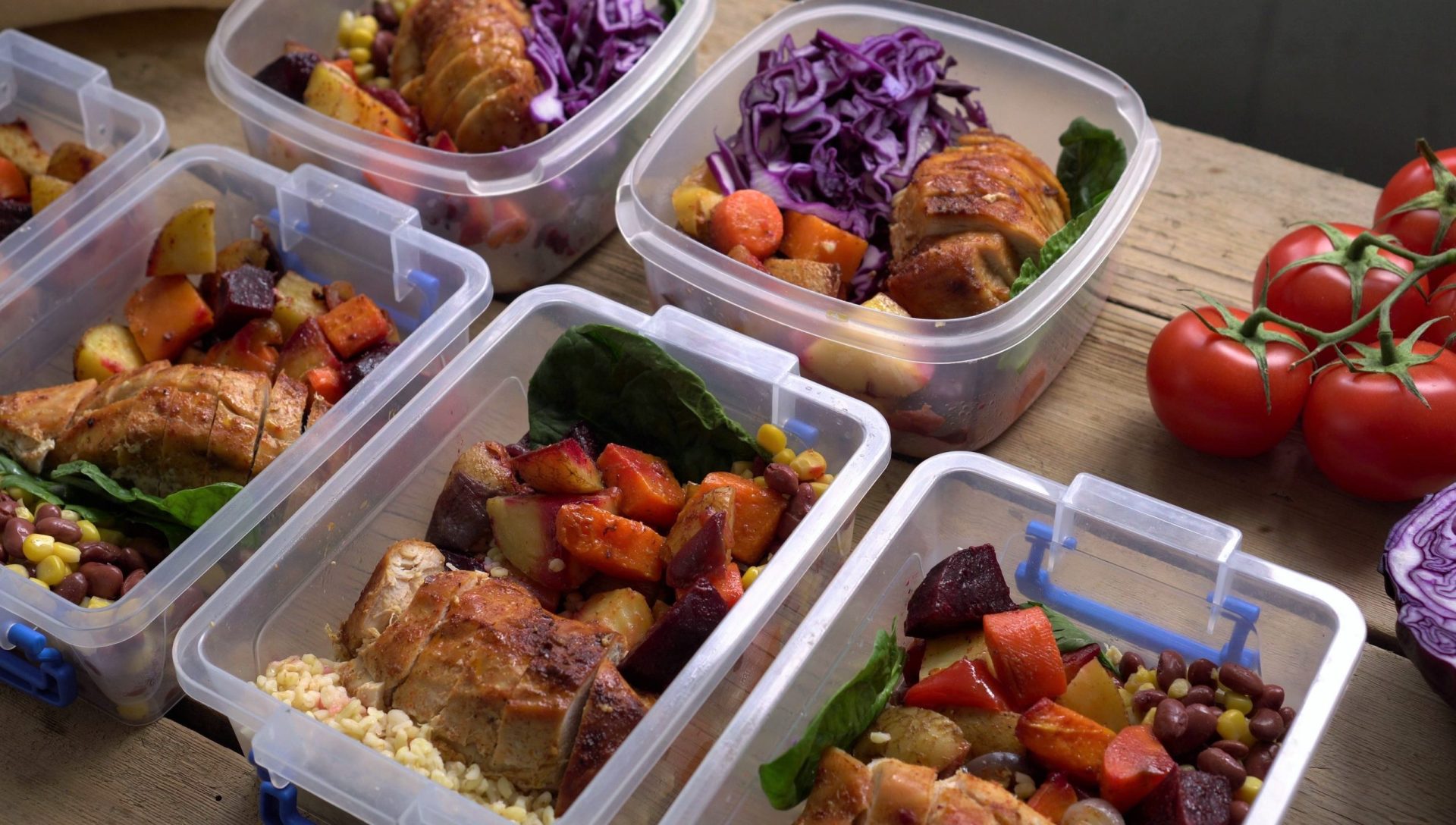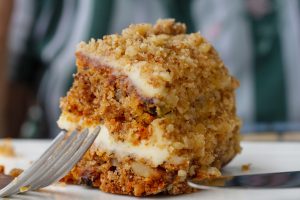Calorie Intake
Your weight loss journey can become a valuable and unforgettable experience if everything goes according to plan. It is not just about losing weight as fast as you can; it’s about losing weight in a healthy and effective manner. Besides, there is so much to learn about exercise plans and eating in a caloric deficit! You can use this information later in life when you are not in weight loss mode.
However, understanding calorie deficits is not enough. It’s important to lose weight in a safe manner, making the effects of the diet and workout last longer.
We have to mention this because people often get too excited during their weight loss journey and unintentionally harm themselves. When you know about the rights and wrongs of caloric deficit, you can avoid these unnecessary dangers.
Do’s and Don’ts of Eating in a Caloric Deficit
Calories fuel your body to give you enough energy that can last a day. If you intake excess calories, weight loss will be ineffective with little to no fat burn. However, if you don’t consume enough calories, it’s not healthy for your system. A balanced diet is an ideal way to achieve optimal nutritional health.
Here are the 8 dos and don’ts of eating in a caloric deficit that will make your weight loss journey more fruitful!
DO: Eat Fat for Weight Loss
Despite the bad reputation of fat inclusive diet plans, it’s a fact that they are essential for weight loss. The body needs omega-3 fats to maintain the healthy functionality and integrity of the body’s cells.
Having fat in your weight loss diet has numerous benefits, including strong nails, shiny hair, strong joints, and radiant skin. The best part is that omega-3 fats do not get stored as body fat as they are needed a lot all around the body.
DO: Look for Healthy Food Recipes
The uninteresting part of losing weight is giving up your favorite foods and swapping them for healthy alternatives. It does take a toll on your will to lose weight, but there are better ways to deal with it.
It is not necessary to give up your favorite foods and feel deprived when you can find healthier alternatives that are nutritional and make you feel good. You can look for food recipes that will make you less depressed and more motivated to lose weight.
DO: Keep an Eye on Your Breakfast
You do not have to watch what you eat and how much of it you consume during your breakfast. The important thing is to keep this meal as simple as possible by having quick and easy to prepare foods.
this meal as simple as possible by having quick and easy to prepare foods.
You can stock the pantry with oatmeal, fresh fruits, high-fiber cereal, and anything you can prepare in a few minutes. When your breakfast is healthy and less time-consuming, you’ll have the time to prepare nutritionally balanced lunches and dinners.
DO: Get Proper Sleep
When you are eating in a caloric deficit, having fats to balance out the diet is healthy, but how will you burn the excess to stay the course without gaining weight? Well, this is where the oldest method in the history of weight loss comes in: Sleep.
During the eight hours of the night, when you are sleeping, your body works on your muscles. If you eat right before bedtime, your body has no choice but to digest that food, and then there is no time to repair and rebuild muscles. You can avoid this situation by eating enough during the day so that your body can do its job at night.
DON’T: Skip Your Meals
The worst thing a person can do during weight loss is skipping meals! While it’s possible to lose weight by starving, it’s not the fat loss that you might be looking for. When we skip meals, 50% of the weight loss is from the muscle tissues and not the stored fat.
Losing muscle fat is losing the metabolic furnace of your body that burns at least 50 calories per day. Moreover, starvation slows down the metabolism, so even if you lose weight, your body is only getting weaker with muscle mass loss.
DON’T: Dehydrate the Body
Most people do not find time in their busy schedules to drink water. But that leads to dehydration which can slow down the metabolism by 3%, affecting your nutritional health. In short, if you do not drink water, you do not lose weight promptly.
Some people, however, drink water as much as they should and do not wait for the feeling of thirst. In fact, if you feel thirsty, it means you are already dehydrated. This is why do not wait for your body to tell you when to drink water.
DON’T: Let Saturated Fat Get You Down
Good fats like omega-3 that you can find in fish and flaxseeds are essential for your body. But saturated fats can harm your body, so it’s important to avoid them. However, these fats are good at hiding in plain sight, so you need to know how to spot them.
Most animal products like milk, cheese, butter, and beef have high amounts of saturated fats. These products can also have benefits, so what you can do is adjust your diet to consume low-fat meat and watch your portion sizes.
DON’T: Give Up After One Mistake
You are human so expect yourself to lose self-control and make a mistake while eating in a calorie deficit. However, do not lose your hope and get discouraged! One mistake does not mean you won’t lose weight if you stay the course for the rest of the duration.
A single overeating episode will not destroy your diet plan. You can forget about it as a minor setback and get back on the diet wagon as soon as the next meal.
Everyone’s body works differently, so adjust your diet based on your body’s metabolism rate and your own willpower. By knowing the dos and don’ts of a calorie deficit, you can achieve your weight loss goals in a healthy and efficient manner. Therefore, keep going until you see the results you want. Good luck!


